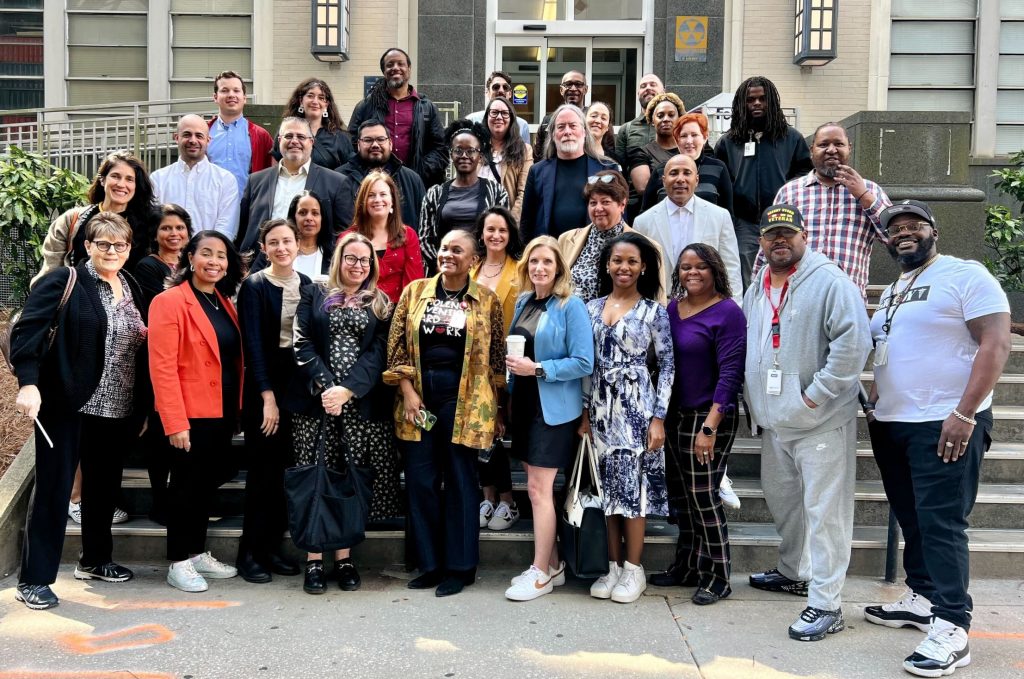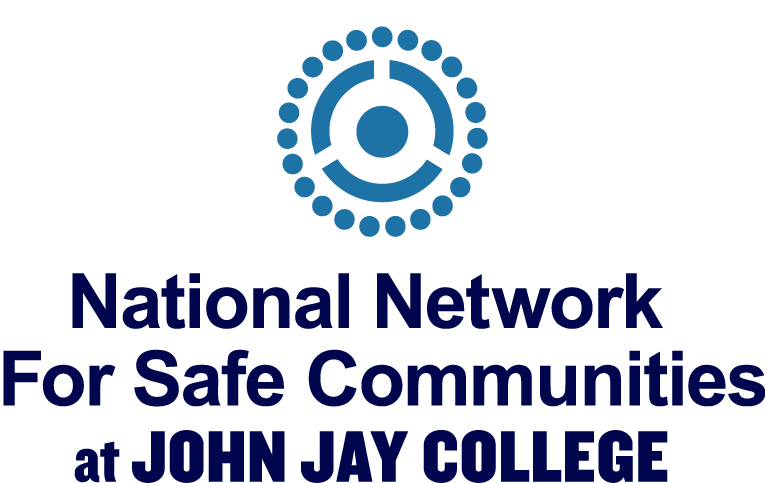The National Network for Safe Communities (NNSC), an internationally recognized action research center at John Jay College of Criminal Justice, provides proven, evidence-based, life-saving violence reduction strategies to dozens of communities across America and beyond. Our work focuses on the safety of the most vulnerable communities in the United States and around the world. NNSC’s mission is to reduce violence, build trust, and transform public safety in partnership with communities around the world . Our paradigm-shifting violence reduction work has demonstrated conclusively that within communities the overwhelming majority of residents are not dangerous; rather, the small number of chronic violent offenders are also at the most risk of being victimized themselves. This core fact first established over 20 years ago in Boston Massachusetts has turned out to be equally true in Sweden, Scotland, El Salvador, Mexico, Brazil, Australia, and elsewhere. We are committed to utilizing our evidence-based strategies and support and outreach resources to protect the most vulnerable people in the most vulnerable places.
NNSC achieves this goal in a variety of time-tested ways: by strengthening community norms against offending, communicating directly with high-risk people to deter violence, using a minimum of law enforcement, helping group members succeed in their lives, and enhancing the legitimacy of law enforcement, especially police, to make communities safer. We collaborate closely with city governments, law enforcement agencies, and community representatives to realign policy and practice with community priorities and available evidence. We can help your community with a variety of services, including:
- Leading a Problem Analysis of your community’s violence landscape utilizing police and/or community data.
- Advise on the implementation of the Group Violence Intervention, Intimate Partner Intervention, or other interventions customized to your community’s needs.
- Collaborating with your jurisdiction to create an innovative intervention to address specific violence issues.

The National Network is committed to building a community of practice that operates along a set of guiding principles:
Criminal justice is strong medicine: it can help, but applied too heavily or in the wrong way, it can hurt. It’s now clear that too much incarceration, aggressive, disrespectful policing, and other missteps can damage individuals, families, and communities and undermine relationships between neighborhoods and law enforcement. Law enforcement should do its work in ways that do not cause that harm.
Community norms and actions – not law enforcement – do most of the work of crime control. Community members can establish expectations for nonviolence and intervene directly with the few people at the highest risk for violent victimization or offending. Direct communication through “call-ins,” “custom notifications,” and other practical steps can focus and amplify community crime control. Using this approach strengthens neighborhoods and keeps people out of jail.
Most people obey the law because it’s the right thing to do, not because they’re afraid of being arrested. Even criminals follow the law most of the time. Communities need to see law enforcement, especially the police, as fair, respectful, and on their side. Police should conduct themselves in ways that model their caring and respect for the communities they serve. Where legitimacy goes up, crime goes down.
Many of the people at highest risk for violent victimization or offending do not like how they are living and want a way out. Communities should meet them where they are and do everything possible to support them.
When law enforcement needs to act, it’s usually best to let offenders know that enforcement is coming, so they can stop their offending, rather than to arrest, prosecute, and incarcerate them. The creative use of existing law, combined with direct communication with high-risk people, can make deterrence work and head off both violence and actual enforcement.
When arrest, prosecution, and incarceration are necessary, law enforcement should use them as sparingly and tactically as possible. Profligate enforcement can have terrible collateral consequences, alienate communities, and undermine legitimacy. Law enforcement should apply the minimum that is compatible with ensuring public safety.
Learn more about the origins of the National Network’s work in Retro Report’s documentary, “Operation Ceasefire.”


